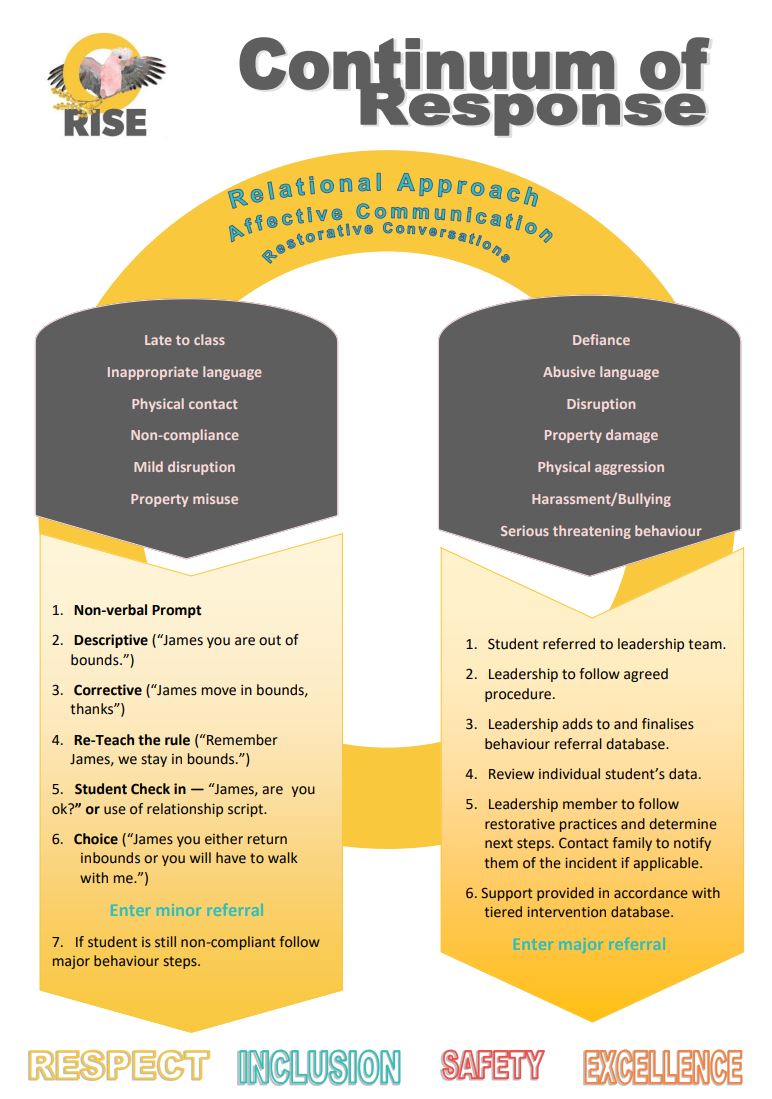Positive Based Learning at Narrabundah Early Childhood School
n 2018 NECS introduced Positive Behaviours for Learning (PBL). PBL is a framework that schools use to get everyone – children, staff, families, and the school community - on the same page to create a safe and supportive learning environment for all children. PBL is an international evidence-based whole school process which can be implemented in any school setting to support children.
PBL involves schools creating clear expectations and rules that use positive language. For example, "We walk inside" instead of "Don't run!" This is done for all areas across the school and all people involved in the school community. At the beginning of each school year the NECS PBL guidelines are revised to ensure all staff are familiar with the language, expectations and responsibilities involved in promoting a safe and supportive culture at NECS.
At NECS the Respect, Inclusion, Safety and Excellence (RISE) values form the basis of our PBL framework. Throughout the school posters displaying these RISE values and expectations for each value are clearly visible for everyone to see and refer to. Each setting has expectations specific to that location.
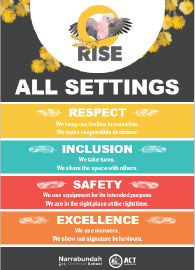
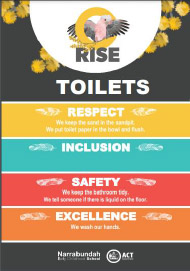
In classrooms, teachers and students create agreed expectations specific to that classroom and group of learners. A system is designed to acknowledge children for following the expectations. All educators use the RISE values to model positive behaviours, provide educative feedback and encourage positive behaviour choices. Behaviour that reflects the RISE values is acknowledged through descriptive verbal feedback, PBL class charts, tokens (outside acknowledgements) and certificates awarded at assemblies.

Certificates are linked to expectations. Once a child has received one each of the Respect, Inclusion, Safety and Excellence certificates they will then receive a Congratulations certificate.

A Bronze, Silver and Gold award (based on criteria) will be presented to children who continually display RISE expectations throughout the year.
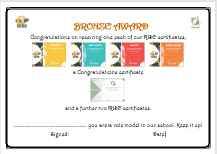
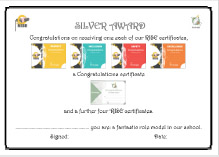
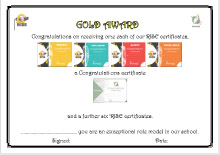
Clearly defined expected behaviours (expectations) are supported by teaching procedures and procedures for acknowledging expected behaviours as well as responding to other behaviours. PBL uses an educative approach so there is the opportunity for children to get back on track. NECS is supported in implementing PBL by an external PBL Coach and Senior Psychologist from the Education Directorate. This relationship and guidance are provided by external agencies is an ongoing basis.
When PBL is implemented well, educators and children have more time to focus on relationships and classroom instruction. Children and staff benefit from:
- increased time focused on instruction
- improved social-emotional wellbeing
- positive and respectful relationships among children and staff
- reduced inappropriate behaviour
- better support for educators to teach, model and respond effectively to children needs
- a predictable learning environment where staff and children know what is expected.
PBL establishes a continuum of support that helps children with diverse academic and social needs. The continuum is aligned with Trauma and Neuroscience Informed Education practices. All children receive supports that are for everyone, some children need additional support with specifically designed strategies and a few children need intensive wrap-around support to help them to engage at school.
Staff use a Continuum of Response to ensure consistency when resolving inappropriate or undesirable behaviours. This continuum provides children with ample opportunities to adapt their current behaviour and follow school or class expectations.

